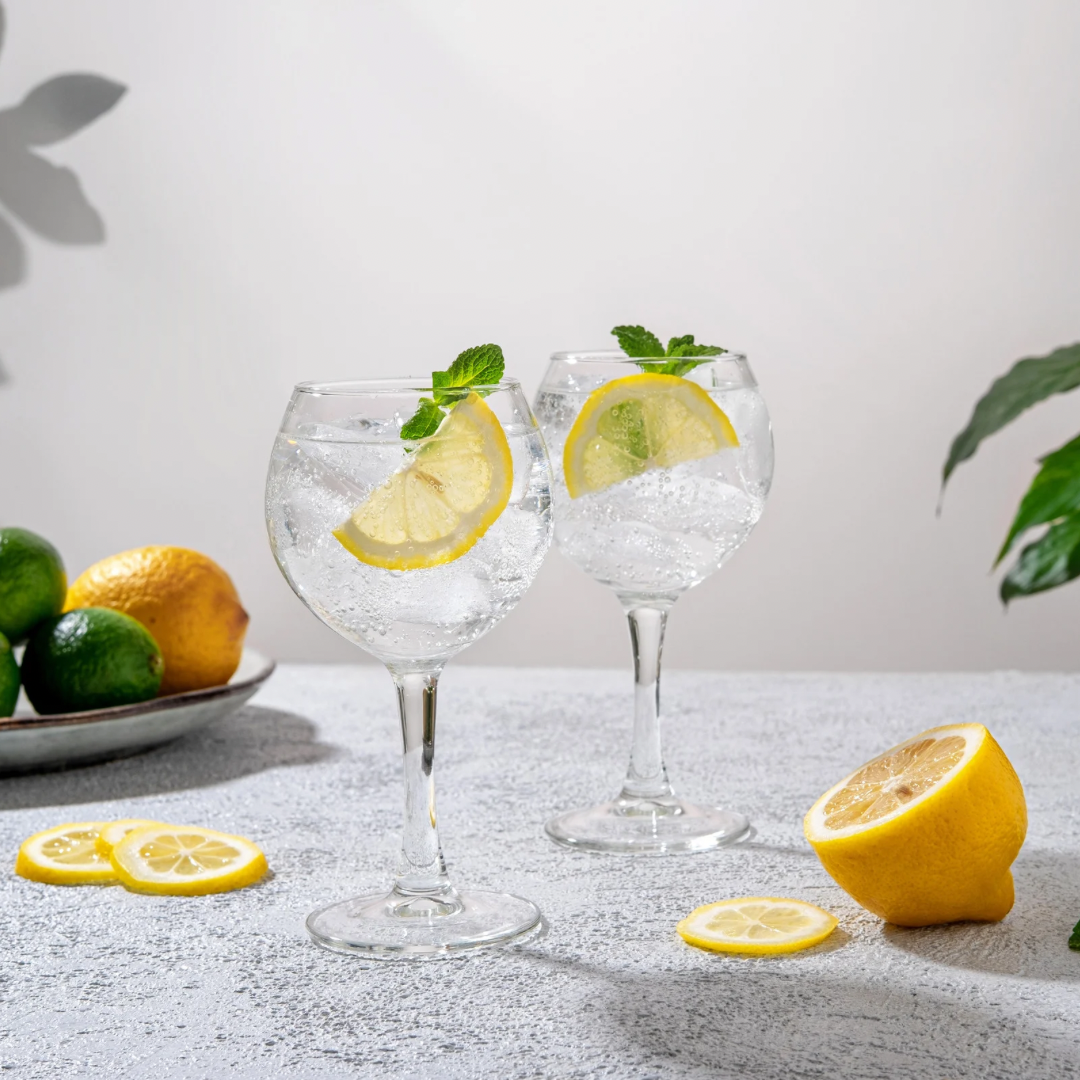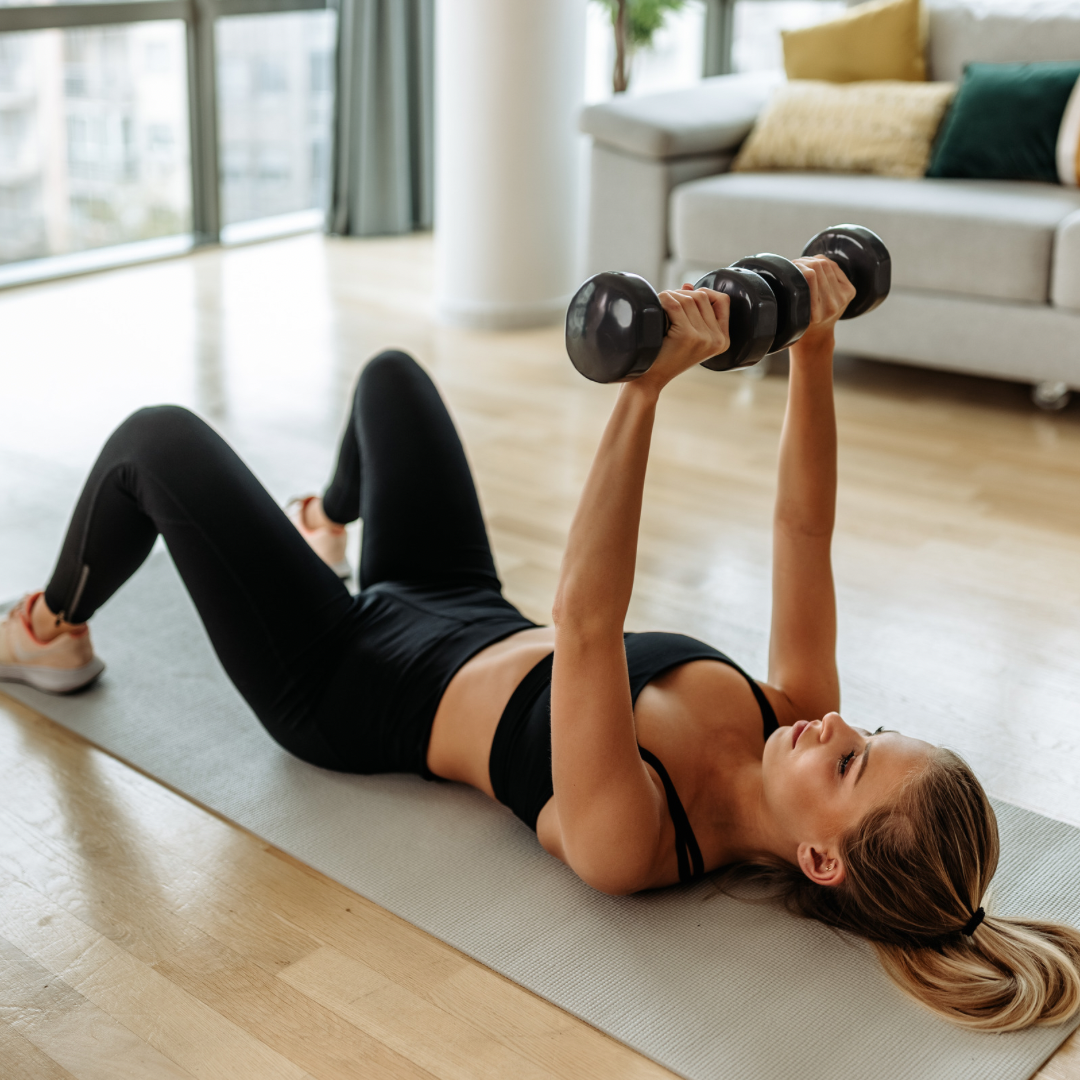Make Healthy Life Choices This New Year with Mental Health Expert
Take control of your mental health and wellbeing this 2025.
For mental health professionals across the UK, the festive season including new year is the busiest time of year. Divorce Monday is well reported when couples that have been struggling contact lawyers the first working Monday as things have come to a head. Similarly, we see a spike in services for alcohol and substance misuse, a rise in domestic abuse and family strife with people struggling to cope. Mental health expert Noel McDermott looks at how instead of making new year’s resolutions this 2025, we face our worries and embrace our need for help.
Festive stressors
There are lots of what are called stressors at this time of year, expectation, alcohol consumption, financial worries, large social gatherings of people who often for the rest of the year we don’t come into close proximity with and loneliness for those that don’t have family. All these and more can lead to a crisis in any underlying issues in yourself or your loved ones. Crisis signals though can be a sign that something needs to change and maybe this year for your new years' resolutions you will give yourself the most important gift of all which is getting the help you need.
Noel comments: “'Let it begin with me' is a saying in many support groups and works on the idea that we are more effective in changing yourselves than we are in changing others or changing the world. Just surviving life and its stresses should never be that goal of life. We want to thrive, not just survive. What does this look like in relation to real life?”
Implementing healthy boundaries can help you to reserve your energy levels.
Making New Healthy Boundaries
Let's imagine you have a loved one who has a chronic relapsing condition such as alcoholism, or a severe mental illness such as schizophrenia. You may have spent the whole of your life thinking of ways to help them and not been aware of the most significant way you can help anyone with a long term or chronic condition, which is to stay healthy yourself on all levels. There is a tendency with long term chronic conditions to change the dynamics in a family or relationship so that everything becomes focused on the condition and the person with it. We talk in terms of systemic change. A system, a family or work group for example, develops homeostasis (an automated way of functioning because it is a pattern that has been repeated). Like your central heating system, the thermostat controls the rest of the system to maintain the temperature you have decided (homeostasis.) Only in the case of a human system, due to the thermostat being set by the condition of the loved one who is ill, the ’temperature’ in the family is making everyone ‘ill’. Changing the thermostatic-homeostatic setting by changing yourself (your new healthy behaviours become the new setting) can allow the whole system to shift. It’s a win-win situation.
Committing to exercise and eating healthily can significantly improve your mental health.
Using the same thinking if you are the ‘ill’ person you can think of yourself as an individual system linked to other systems such as a family, a treatment team, a loved one etc. As an individual you don’t need to worry about the ‘illness’ in this way of thinking. You need to imagine the illness is just one member of your internal family system and it has set the thermostat to high. The other members of your internal family system are your decisions around healthy living choices. These healthy living decisions won’t cure you, but will mean you change the thermostat to something that is a little more comfortable to live with. Rather than your identity and your behaviour being defined by the illness, it becomes more complex if you are a person doing their best to be better while also having an illness.
Initiatives like Dry January can help you build a better relationship with alcohol in 2025.
So what are these healthy life choices?
Support, getting social support either through specialist peer groups or more general shared interest groups is essential
Good diet, rest, sleep, hydrate, exercise - we are bio-psychological beings. Our bodies and minds are the same thing and the insights of lifestyle medicine guides us in having a healthy lifestyle maximising or wellbeing
Help others, being of service or volunteering creates a significant win win for us as we get hormonal rewards from helping others in the ‘herd’
Get lots of oxytocin, the love hormone is our best friend and we get it from loving eye contact, non sexual skin to skin (holding hands, hugging etc) and get a plentiful supply of the DOSE hormones in general
Seek professional help … mental health professional are more than happy to advise and guide on healthy living choices and tailor it for your specific needs
The crisis you may be experiencing is not just to be survived, it is to be listened to as it’s telling you things need to change and embracing that adds at least 20% to the efficacy of any healthy change you make. So it makes positive change less of an effort. Embracing these signals and jumping in to help yourself will shift you from vicious cycle to virtuous circle.
Mental health expert Noel McDermott.
About Noel
Mental health expert Noel McDermott is a psychotherapist and dramatherapist with over 30 years’ work within the health, social care, education, and criminal justice fields. His company Mental Health Works provides unique mental health services for the public and other organisations. Mental Health Works offers in situ health care and will source, identify and coordinate personalised teams to meet your needs – https://www.mentalhealthworks.net/










